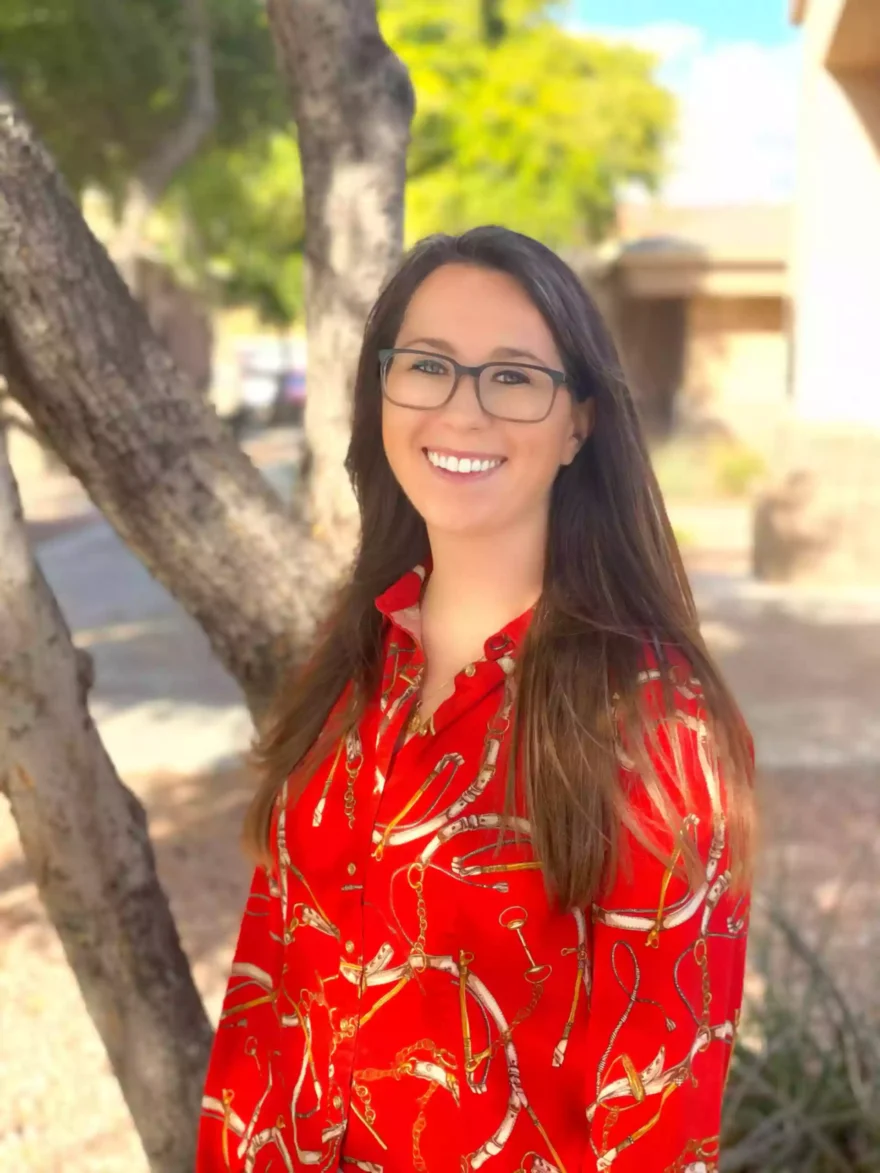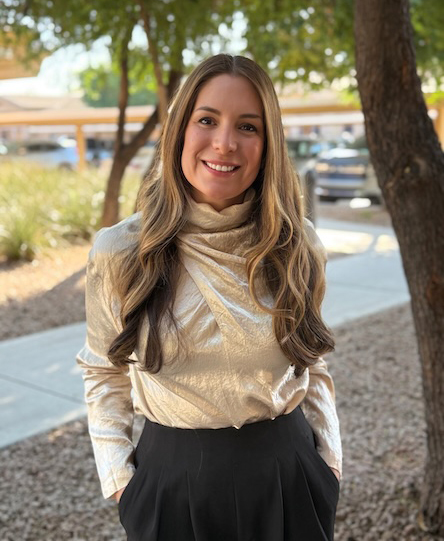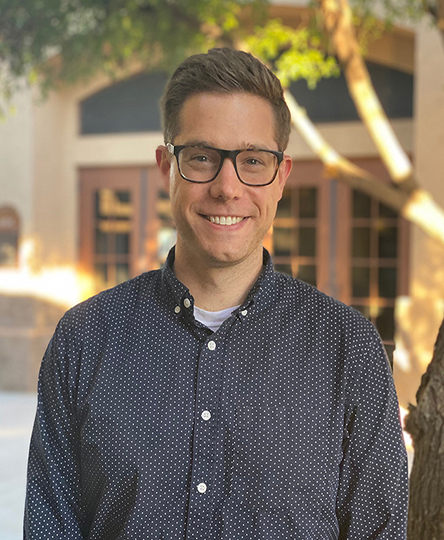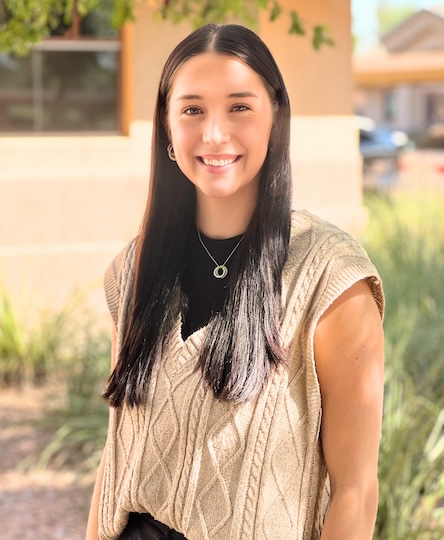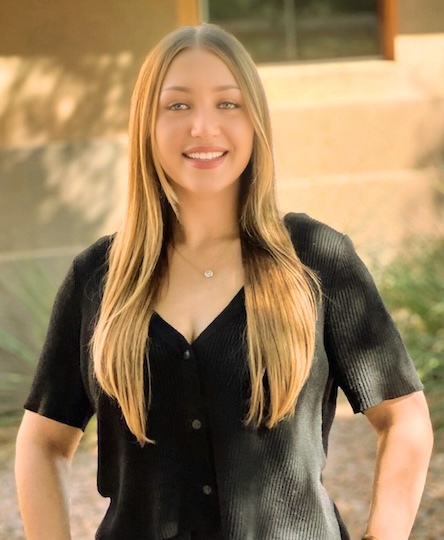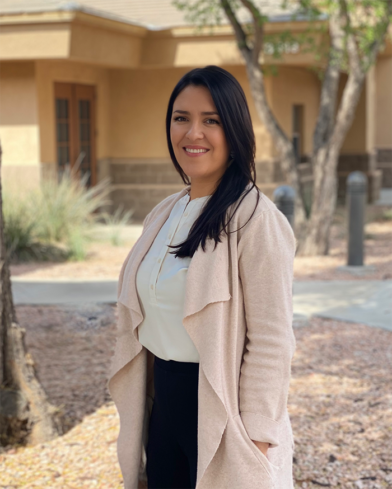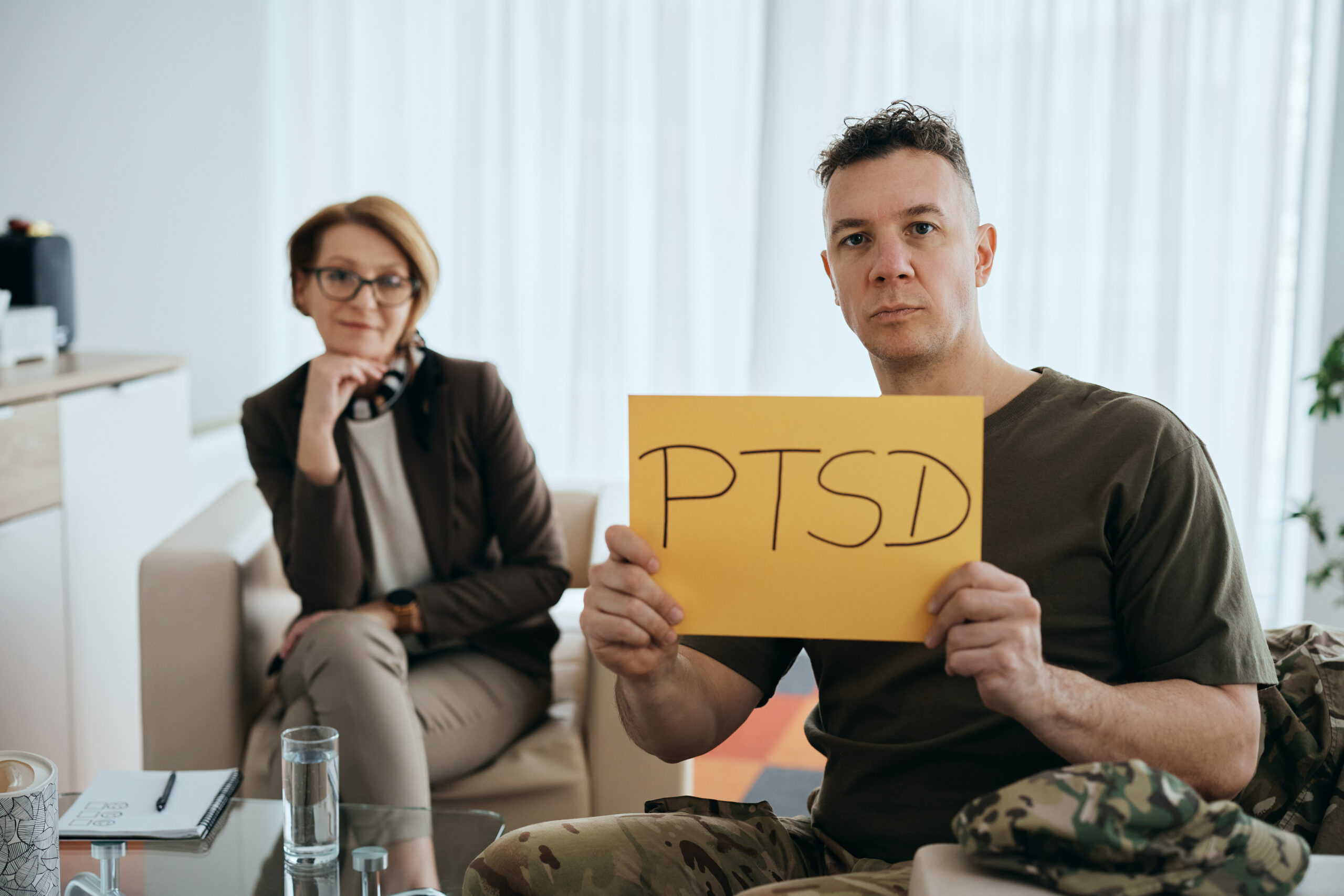
Child Grief Counseling in Scottsdale, AZ
At Pathways Counseling Services, located in Scottsdale, AZ we specialize in child grief counseling that meets kids right where they are. You may notice your child acting out, becoming more withdrawn, or swinging quickly between tears and laughter.
Children grieve differently than adults, and often in ways that are hard to spot or understand. Maybe your child seems ‘off’ lately. Are they acting out more, withdrawing, or having more meltdowns? One moment they might be crying, the next they’re playing like nothing happened.
This doesn’t mean they’re “fine” or ignoring the loss. Rather, they’re processing grief the only way they know how.
We’re here to help make sense of it all—for them and for you. We’re here to support children and their families through it with warmth, patience, and expert care.

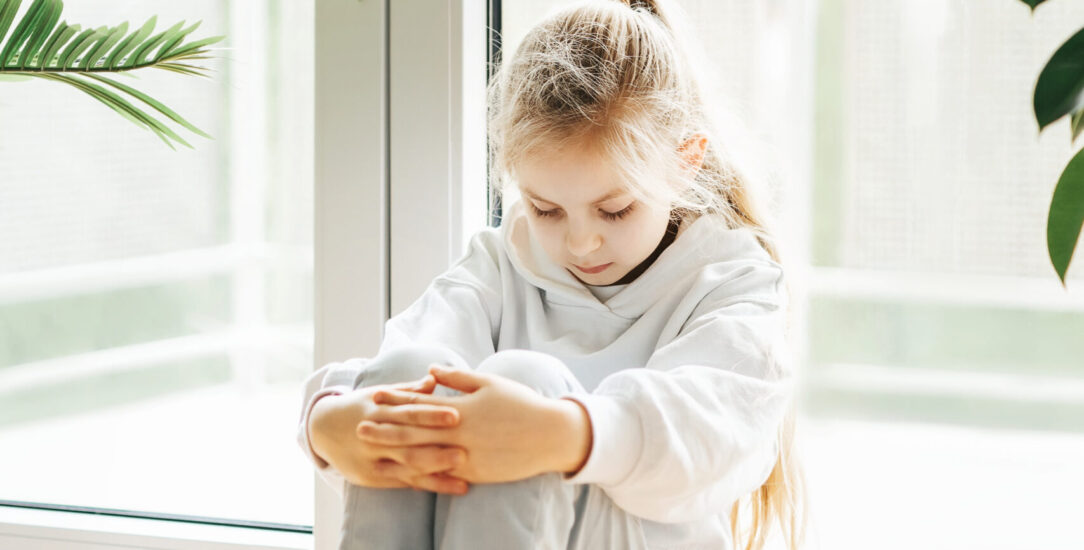
What Is Grief in Children?
Grief shows up in all kinds of ways—sometimes it’s sadness, but it can also feel like anger, fear, guilt, or just complete numbness. For kids, these emotions can be even harder to make sense of. Kids might not say they’re grieving, but you’ll see it. Maybe they act out, become more clingy, or even return to habits they’d grown out of, like thumb sucking or tantrums.
Unlike adults, children may not fully understand that death is permanent. They might ask the same questions over and over, try to “make deals” to bring someone back, or think something they did or thought caused the loss. You might see them giggling one moment and completely shut down the next. That doesn’t mean they’re not grieving. It means they’re processing it the only way they know how.
At Pathways Counseling Services, we help kids name what they’re feeling in ways that feel safe and natural to them—even when they don’t know how to say it out loud.
Here’s what grief can look like in children:
- Difficulty understanding that death is permanent (especially under age 9)
- Magical thinking, such as believing they caused the death
- Fears of being alone or losing someone else
- Guilt, even when not expressed
- Sudden emotional outbursts or withdrawal
- Fluctuations between intense emotions and “normal” behavior
- Short attention spans or difficulty concentrating
- Acting out
Grief can also be triggered by other losses, not just death. Kids may grieve a divorce, a move, a pet, or a parent’s illness. We want you to know that all forms of loss are valid.
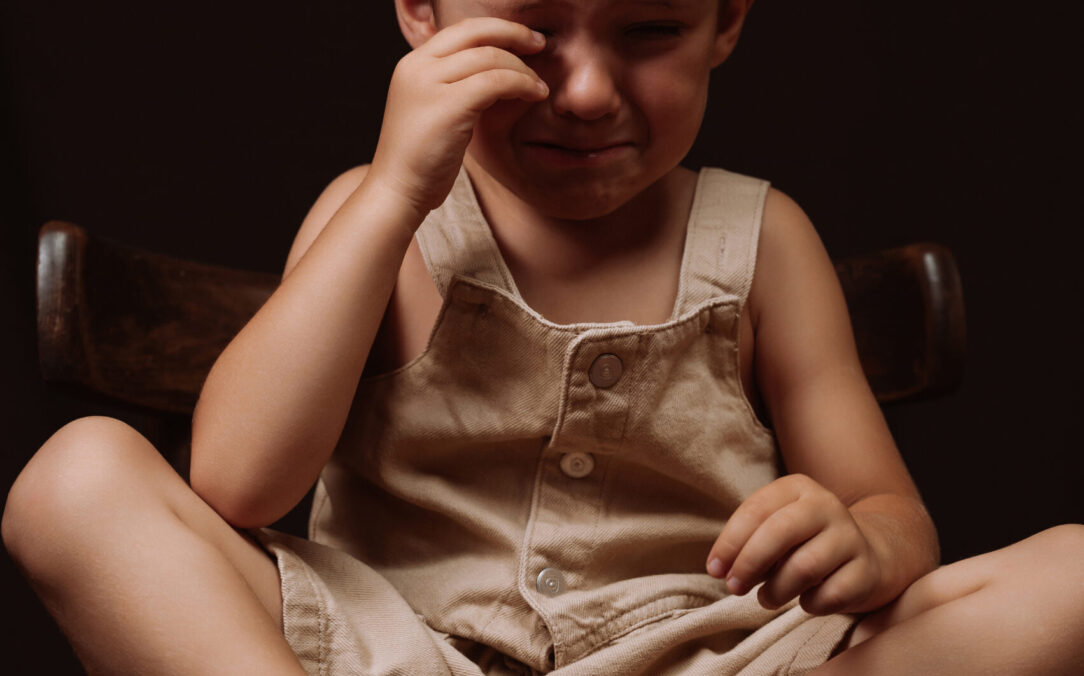
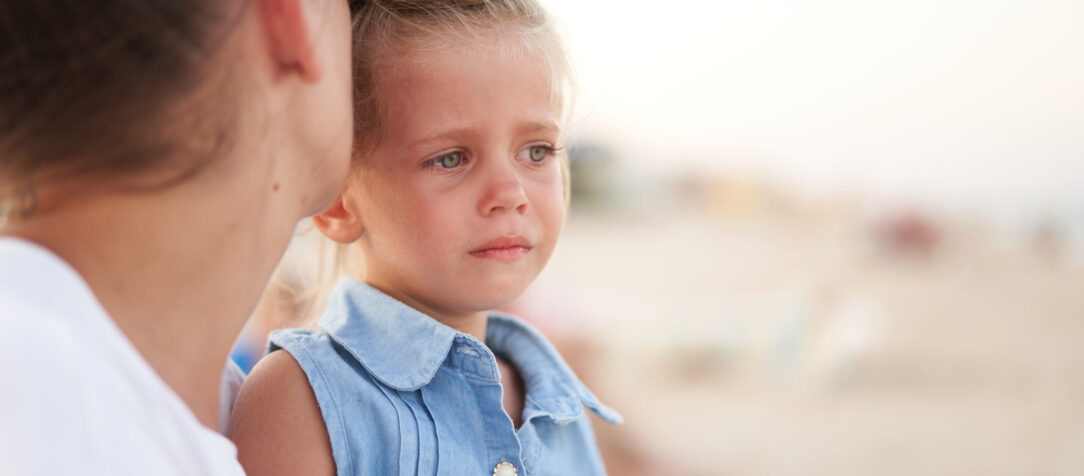
How Grief in Children Differs from Adults
If you have experienced grief as an adult, you may have felt pressure to “keep it together”—to be strong, responsible, and composed. Children don’t grieve that way. Due to children’s lack of frontal lobe development, they aren’t able to understand the logic and reasoning behind grief, or feelings that come with grief. Children cope differently, and often communicate their thoughts and feelings through their behaviors.
Adults typically understand death as final and abstract concepts like legacy or ritual. But children may find those ideas overwhelming—or even scary. A funeral might feel confusing, overwhelming, and scary. A parent’s sadness might feel threatening. They may not know how to talk about what’s happening, so they show it instead.
Children are more likely to:
- Express grief through behavior rather than words
- Regress in development (like bedwetting, thumb sucking, or tantrums)
- Have trouble sleeping, eating, or concentrating
- Ask the same hard questions over and over, trying to make sense of the loss
- Feel different from peers who haven’t experienced grief
- Seem numb or detached when others expect visible sadness
- Worry that someone else they love might disappear too
- Show increase anxiety
At Pathways Counseling Services, we gently remind caregivers that kids grieve in layers. They come back to the loss over time as their brain and heart mature. What seemed “resolved” at age 6 may resurface at 10—or again at 14. Milestones, birthdays, holidays, and even random days can all reopen a grief wound. And that’s normal.
We’re here to help make sense of that journey—one step at a time.
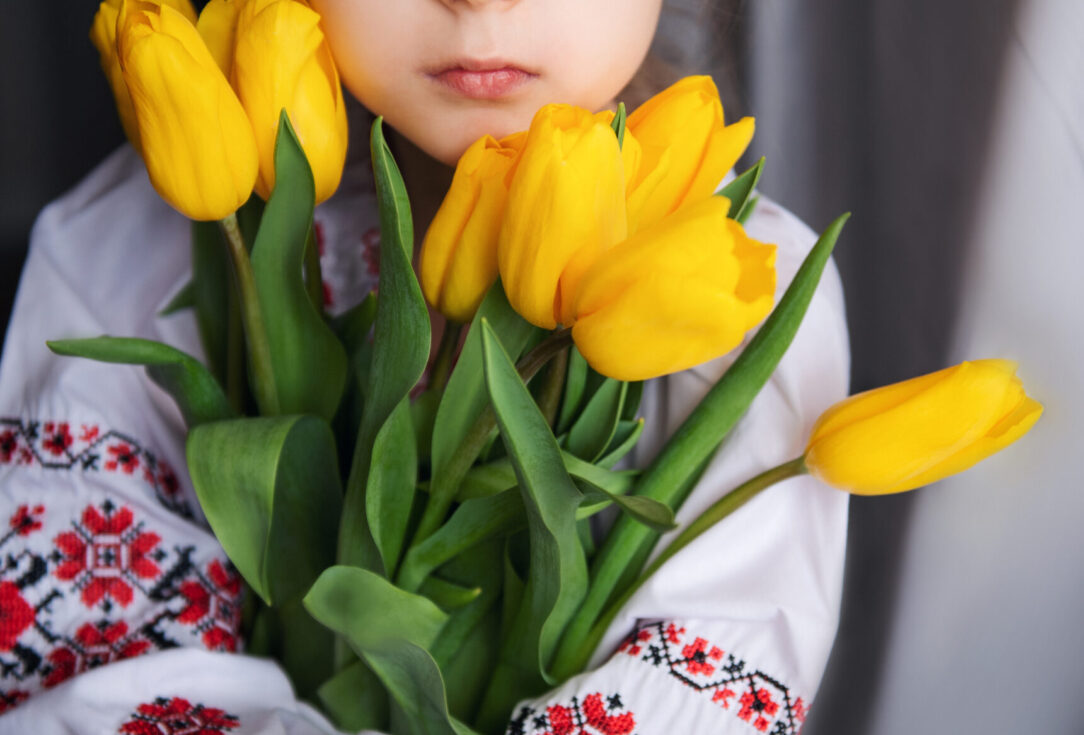
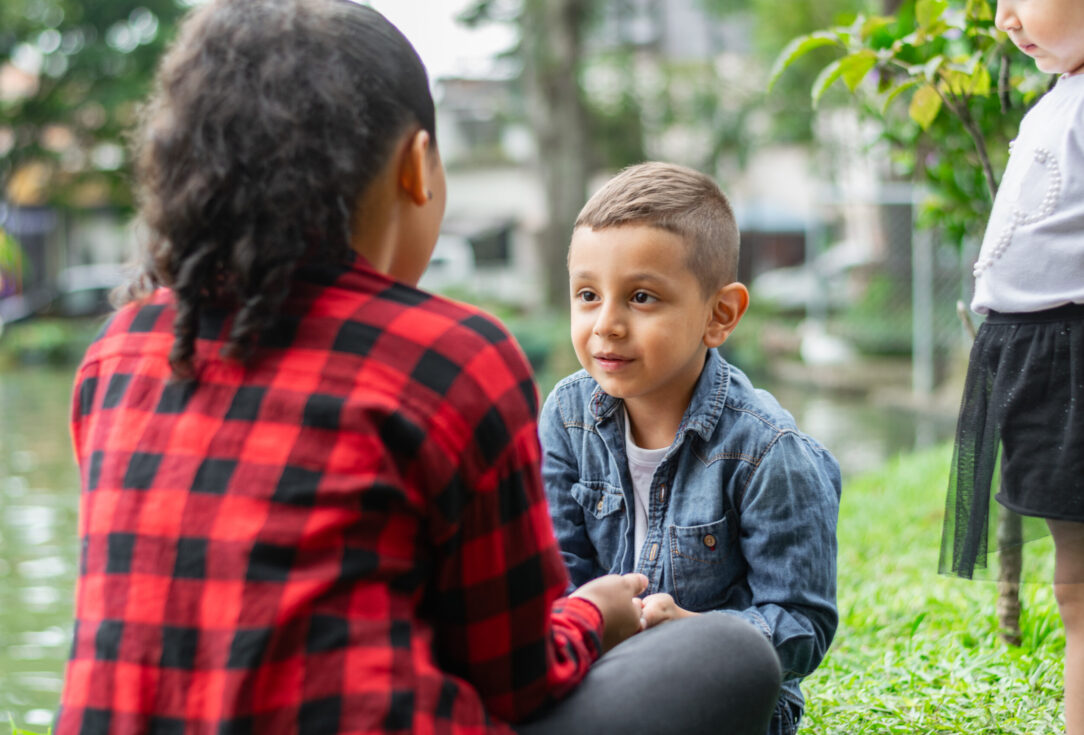
Signs Your Child Might Be Struggling with Grief
Every child is different, but here are some common red flags:
- Ongoing sadness or depression
- Avoidance or fear of being alone
- Sudden drop in grades or school attendance
- Difficulty sleeping or nightmares
- Frequent physical complaints (stomachaches, headaches)
- Talking to or about the deceased often
- Loss of interest in play or connection with peers
- Excessive imitation of the person who died
It’s also common for children to feel isolated or confused if the whole family is grieving. They might feel like their parents or siblings have changed—or worse, that the loss is somehow their fault. Some children may act out to get attention, hoping to restore the sense of normalcy or connection they lost.
How We Help Children Heal from Grief
How We Help Children Heal from Grief with Compassionate, Creative Support
Our therapists are trained in child development, trauma-informed care, and expressive therapies. We create a safe space for children to explore their feelings, even the ones they don’t have words for yet.
We use:
- Play Therapy to help younger children express grief through symbolic play. Dolls, stories, and games allow them to show what they’re feeling in developmentally appropriate ways.
- Art & Expressive Art Therapy to give children a nonverbal outlet for processing loss. Through drawing, painting, role play, dancing, kids can express the unspeakable or feelings in their bodies.
- Parent-Child Interaction Therapy (PCIT) to strengthen the bond between caregiver and child. PCIT helps parents respond to grief-related behaviors with warmth, structure, and confidence, while building the child’s sense of safety and trust.
- Cognitive Behavioral Therapy (CBT) for older children and teens to address anxious or self-blaming thoughts and develop healthier coping strategies.
- Family Support & Parent Coaching to guide caregivers in supporting their child’s emotional world. We help parents navigate tough conversations, identify behavior changes, and create consistent routines that foster emotional safety.
- Mindfulness & Grounding Techniques to regulate big emotions and foster resilience. Children learn to tune into their bodies and feelings, reducing overwhelm.
- Rituals and Memory Work such as creating memory boxes, drawing loved ones, or writing goodbye letters to help children maintain connection and process change.
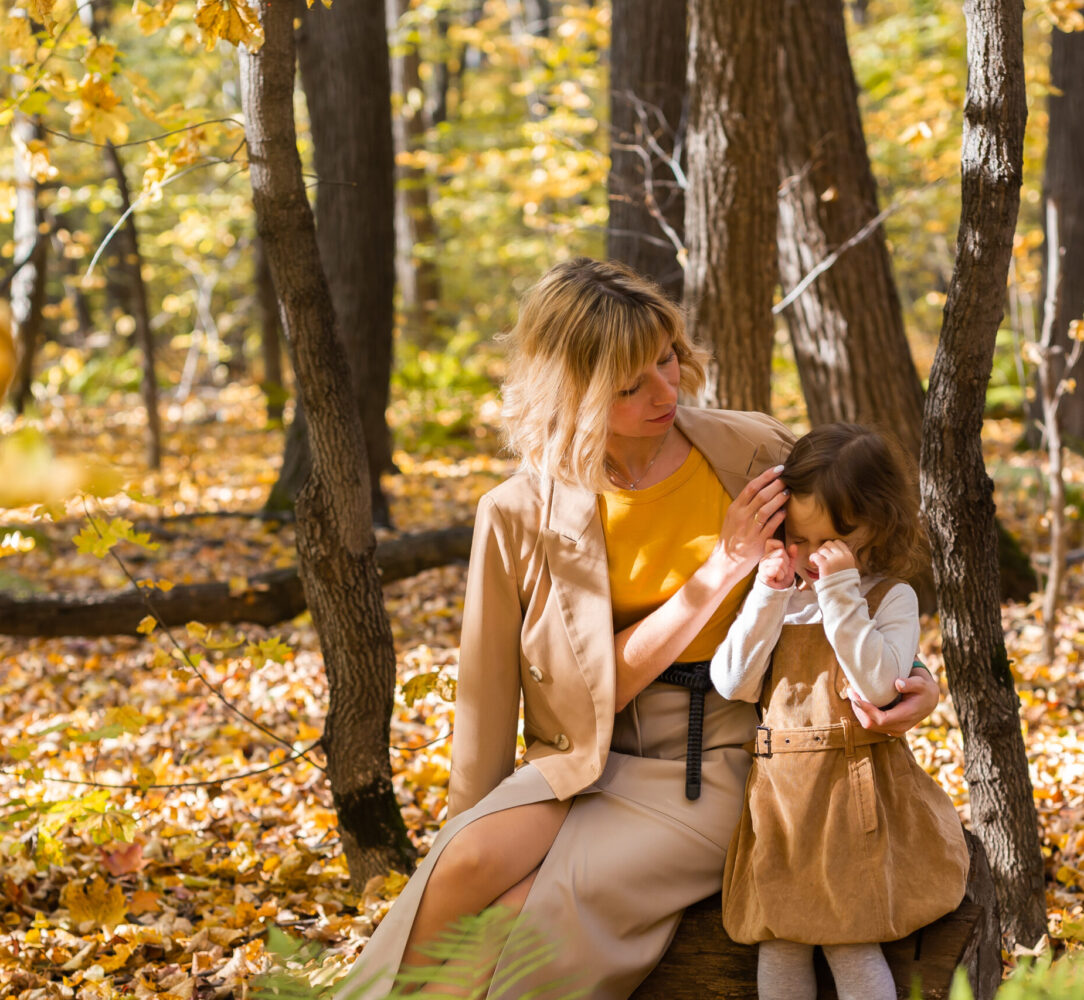
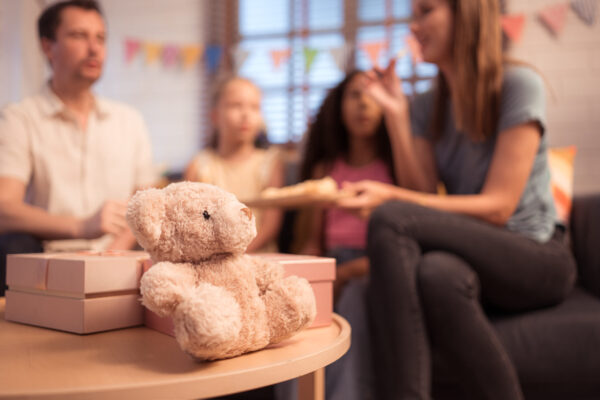
Children are more likely to:
-
- Regress in development (like bedwetting, thumb sucking, or tantrums)
- Have trouble sleeping, eating, or concentrating
- Ask the same hard questions over and over, trying to make sense of the loss
- Feel different from peers who haven’t experienced grief
- Seem numb or detached when others expect visible sadness
- Worry that someone else they love might disappear too
- Show increase anxiety
- Express grief through behavior rather than words
We also collaborate with teachers and schools to support your child in all the environments where grief may show up. Healing doesn’t happen in isolation—it’s nurtured through compassionate, connected care.
A Message to Caregivers
Grief is not a problem to fix—it’s a process to walk through. Children need space to grieve in their own time, in ways that make sense to them. They also need connection, routine, and a safe relationship where they can just be themselves—even when that means acting out or not talking at all.
At Pathways Counseling Services, we’re here to walk beside your child and your family through this tender time.
Our offices are located in Scottsdale, Arizona, with both in-person and virtual sessions available to meet your needs.
If your child is struggling with grief, don’t wait. Schedule a FREE 15-minute phone consultation today to get started.
Call us at 480-639-5559 book a free 15-minute consultation to get started or contact us through our form.
Our Therapists
Meet Sofia Softas-Nall therapist Scottsdale AZ - Trauma, LGBTQIA Therapist
Read MoreSofia Softas-Nall, MS, MA, LPC, NCC
Therapist
Meet David Merrick, MS Ed. LPC-S - Teens and Adult Therapist
Read MoreDavid Merrick, MS Ed. LPC-S
Clinical Director
Meet Allison Zimmer, MS, LAC - Anxiety and Substance Therapist
Read MoreAllison Zimmer, MS, LAC
Therapist
Meet Haley Anderson, MSW, LMSW - Child and Teen Therapist
Read MoreHaley Anderson, MSW, LMSW
Therapist
Meet Stephanie Levitt, MA, LPC, NCC - EMDR Therapist
Read MoreStephanie Levitt, MA, LPC, NCC
Therapist
Your Path to Mental Wellness Begins Here

Why choose us?
Meet Stephanie Levitt, LPC, the founder of Pathways Counseling Services. Stephanie brings over 20 years of experience helping children and families navigate trauma, loss, and emotional healing. As a Licensed Professional Counselor and grief specialist, she is passionate about providing children with the tools they need to process loss in healthy, developmentally appropriate ways.
Her approach blends warmth, clinical expertise, and creative therapies tailored to each child’s needs. Stephanie also works closely with caregivers to ensure they feel supported and empowered throughout the healing process.


